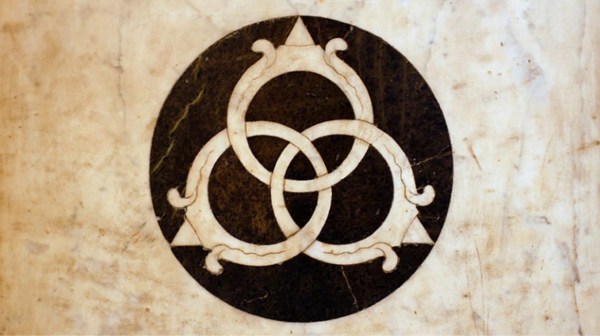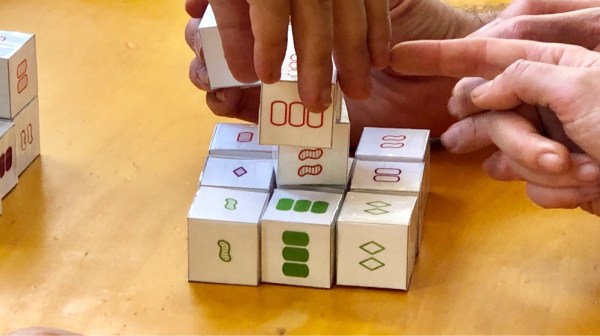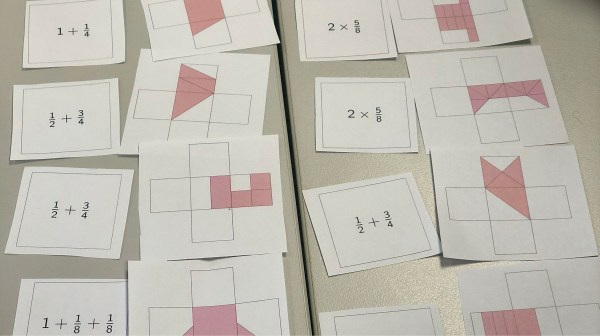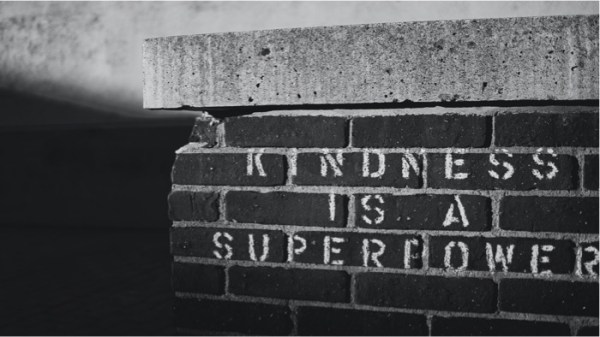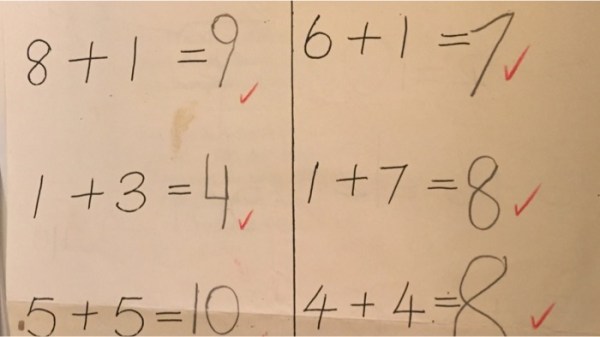Why does telling remain such a charged issue in mathematics teaching? Reframing telling through its functions rather than its form offers a way forward.
Four ways of seeing education, and why “best practice” is a myth
Why do educators disagree about 'best practice'? Understanding competing visions of education's purpose reveals why universal solutions fall short.
Walking the skepticism tightrope
How can we avoid falling off the tightrope between skepticism and curiosity in education?
Moving from “OR” to “AND”
Could a simple shift in language challenge the false dichotomies that constrain mathematics education?
Escaping the twin traps of ambiguity and certainty
How do these two contradictory forces hold education back, and what can we do in response?
More metaphors for mathematical proficiency
Mathematical proficiency is often depicted as a tightly woven rope. I offer a few more metaphors to help visualise its complex, interdependent nature.
What does it mean to develop mathematical proficiency?
I argue that teaching sequences for developing mathematical proficiency should be flexible. I also have a few comments about AERO's latest 'explainer'.
Pedagogical puritan or pragmatist?
I wade into the pedagogical quagmire to ask a fundamental question: Where should educators stand in a divided landscape?
Thinking like a mathematician
We continue our series inspired by Leone Burton’s research, exploring where and how mathematicians think, and offering valuable insights for educators.
Learning from the practices of mathematicians
What can we learn from how mathematicians work, think, and feel? Our new series explores how they come to know mathematics and what it means for maths education.
Toward a curriculum of verbs
More about the power of verbs and the image they convey of mathematics. Plus, an invitation to share your favourites!
A few insights from PISA 2022
What does PISA 2022 tell us about affective and environmental factors in learning mathematics? The answer may not surprise you.
A framework for productive dispositions
I propose four dimensions for thinking about how to help students develop a productive disposition towards mathematics.
What does mathematical reasoning look like?
What might happen if we focused on the verbs rather than the nouns of mathematics?
The shape of our mathematical beliefs
How do our mathematical experiences shape our beliefs? And what are the implications for teaching and policy making?
Labels are for cans, not people
Labelling teachers as out-of-field is complex. What really matters when it comes to out-of-field teaching?
Adversarial collaboration: the way to bridge the ‘great maths divide’?
A way to move from opposing positions to a productive discussion.
Fruitful maths: exploring unit rates with kiwifruit
Making best buys and unit rates a little more tasty.
Opening up tasks: the ‘what-if-not’ technique
A demonstration of a technique to create 'new tasks from old', while keeping a clear focus on the mathematical ideas.
Rich tasks or tasks used richly?
Having a common language for tasks matters, as does what we do with them.
Unpacking the mathematical demands of teaching
Digging into another classic paper that articulates the different forms of knowledge required to teach mathematics.
What knowledge is required for teaching?
A look at a classic paper that examines historical conceptions of knowledge for teaching, and identifies a key new type.
ABC Ockham’s Razor: Endnotes
Listen to my recent radio episode on story telling in mathematics, and delve into the sources of inspiration for the talk.
The power of mathematical stories
What stories enrich mathematics for you?
What do we mean by ‘problem solving’?
What do we mean by problem solving, and how might it influence how we teach mathematics?
Teacher noticing
Teachers notice all the time. But what does noticing involve, and how do we improve?
Teaching through listening
What does it mean to listen effectively to our students, and how might it shape our teaching?
#read2019: My year in books
A recap of the books I read in 2019. Hopefully you'll find some inspiration.
Debating maths: Chris Luzniak’s new book
Transform the discussions in your maths classroom with ideas from Chris Luzniak's new book.
Connecting SET with geometry
A walk-through of my workshop that connects geometry to the Game of SET.
A linear relationships ‘menu’
A task format to elicit strategic thinking, emphasise understanding and encourage discussion.
Do they really know what I think they know?
Does a correct answer mean that students understand?
Three looks at a WODB for numbers
Motivating an exploration of numbers with a 'Which One Doesn't Belong?' prompt.
#read2018: My year in books
A recap of the books I read in 2018.
Managing overwhelm
How do you curate and consume your educational reading list?
#QuarterTheCross Card Sort
Another take on one of my favourite tasks.
If maths was an animal …
A playful prompt to discover how students feel about mathematics.
#TMC18: tweet at me now
Reflections on my experience at Twitter Math(s) Camp.
Kindness and grace in our classrooms
What can you do today to show your students a little more kindness?
#read2017: My year in books
A recap of the books I read in 2017.
A lesson plan (of sorts) for quadrilaterals
Six activities focused on reasoning with quadrilaterals.
A serendipitous Pythagorean #LessonStarter
A Pythagorean lesson starter that threatened to take over the lesson.
Skyscrapers
A hands-on version of one of my favourite logic puzzles: skyscrapers.
Redux: #NoticeWonder and #PrimeClimb
Building community in the classroom with an exploration of Prime Climb.
My maths autobiography
What is your story with maths?
#NoticeWonder with everyday concepts
Using Notice and Wonder to lower the barrier to entry of mathematical concepts.
#NoticeWonder and Rational Tangles
Making sense of a collaborative and fun mathematical activity with Notice and Wonder.
Thank you for the #lessonfail
A plea to share our failures as well as our successes.





